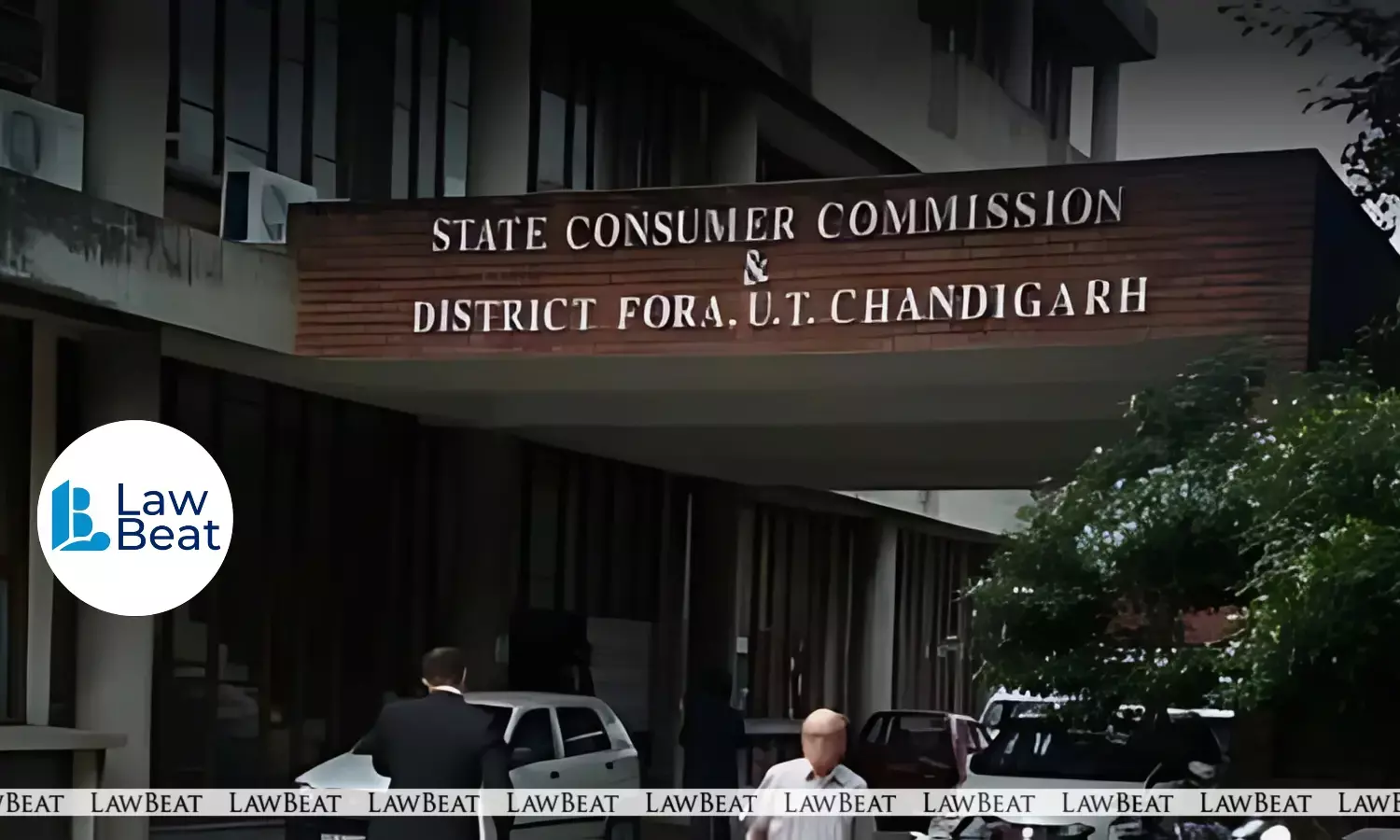Can Insurers Reject Claims for Vehicle Overloading? Punjab State Commission Answers

Outright Repudiation Of An Insurance Claim For Overloading Is Unjustified, Punjab State Consumer Commission rules
The Punjab State Consumer Disputes Redressal Commission, Chandigarh, has partly allowed an appeal filed by a truck owner against United India Insurance Company Limited, ruling that outright repudiation of an accident claim on the ground of overloading is not legally sustainable. Applying Top Court's ruling in Ashok Kumar v. New India Assurance Co. Ltd., the Commission directed the insurer to settle the claim on a non-standard basis by paying 75% of the assessed loss.
The Bench comprising Hon’ble Mrs. Justice Daya Chaudhary, President, and Ms. Simarjot Kaur, Member, delivered the judgment in First Appeal No.667 of 2024 filed by appellant Baldev Singh Bhatti.
The appeal was directed against the order dated June 13, 2024, of the District Consumer Disputes Redressal Commission, Malerkotla, which had dismissed the complaint.
The appellant had purchased a Tata Prima LX 3125 K8X4 BS-IV truck, which was insured for an insured declared value of Rs. 35,00,000 under a comprehensive policy valid from March 4, 2020 to March 3, 2021. He had paid a premium of Rs. 61,984. On October 2, 2020, the vehicle collided with another truck when a stray animal came in front of it, causing significant damage. A police report was lodged, and both drivers reached a compromise. The claim was registered with the insurer, but by letter dated April 16, 2021, United India Insurance declared it as “No Claim,” citing that the truck was overloaded by 21.9% in breach of policy conditions.
Before the District Commission, the complainant argued that the vehicle was carrying only 300 CFT of goods as per a tax invoice dated October 2, 2020, well within the permissible limit, and that the insurer had arbitrarily repudiated the claim. He sought insurance payout of Rs. 13,00,000 along with compensation and litigation costs.
The insurer, however, maintained that the truck carried 500 CFT of material, relying on another invoice, and alleged that the complainant’s documents were forged. It also argued that violation of policy terms justified complete repudiation.
The District Commission, by a 2:1 majority, dismissed the complaint, holding that the vehicle was overloaded, the complainant wasn't a consumer as per the Act and that the matter should have been pursued before an Appropriate Court.
Counsel for the appellant submitted that even if overloading were assumed, it was not the cause of the accident, which occurred due to a stray animal.
Reliance was placed on the Top Court's decision in B.V. Nagaraju v. Oriental Insurance Co. Ltd., AIR 1996 SC 2054, which held that technical breaches like overloading cannot automatically defeat claims if they are not linked to the accident. He also cited National Insurance Co. Ltd. v. Swaran Singh ((2004) 3 SCC 297), where the Court emphasized that genuine claims cannot be denied on such grounds.
Counsel for the insurer argued that the District Commission had rightly dismissed the complaint, as the genuineness of the invoices were seriously disputed.
The State Commission, after reviewing the pleadings and documents, particularly the surveyor's report assessing the net loss at Rs. 5,15,000, referred to the Top Court's ruling in Ashok Kumar v. New India Assurance Co. Ltd., Civil Appeal No.4758 of 2023. There, the Court reiterated the principle that in cases of overloading, insurance claims cannot be repudiated entirely but must be settled on a non-standard basis at 75% of the admissible claim.
The Commission noted that these guidelines had earlier been set out in Amalendu Sahoo and Nitin Khandelwal, and were binding.
Applying this ratio, the State Commission held that United India Insurance had erred in repudiating the claim outright. While the allegation of overloading could not be brushed aside, the correct course in law was to restrict liability to 75% of the assessed damages.
Accordingly, it directed the insurer to pay 75% of Rs. 5,15,000 as recommended by the surveyor.
The appeal was thus partly allowed, with the order of the District Commission set aside.
The ruling reaffirms that insurers cannot reject claims outright merely on the ground of overloading if the accident itself is unrelated to the alleged breach.
Adv. Sparsh Chhibber appeared for the Appellants, and Adv. Ravinder Arora, Adv. Neeraj Khanna appeared for the Respondent.
Case Title: Baldev Singh Bhatti v. United India Insurance Company Limited, First Appeal No.667 of 2024
Date of Judgment: August 6, 2025
Bench: Hon’ble Mrs. Justice Daya Chaudhary, President, and Ms. Simarjot Kaur, Member
